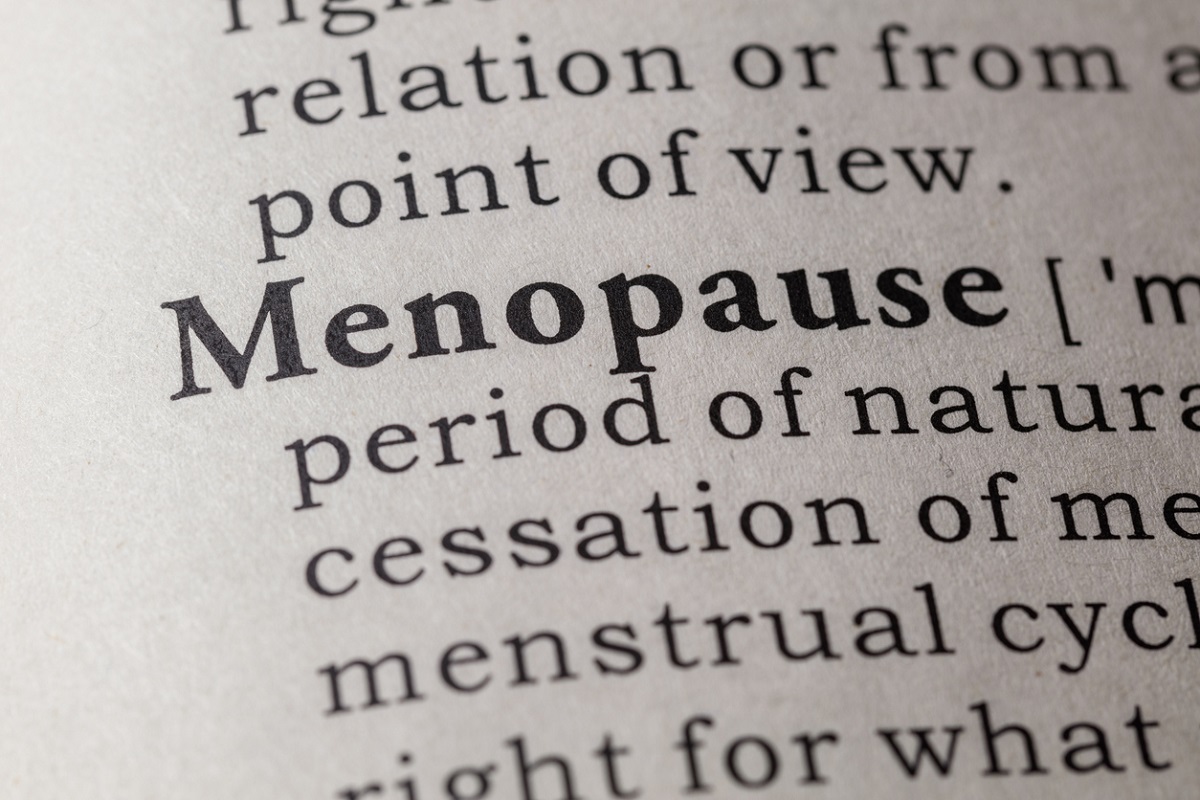Over the last few years, I have spoken about women’s health in the workplace, in particular the menopause and how we as organisations must do more to support women during this time.
Menopausal women are the fastest growing demographic in the workplace, but the reality is, many are struggling to manage the psychological and physiological changes their bodies are going through.
A quarter of menopausal women will experience debilitating symptoms; from hot flushes and night sweats to increased anxiety, and for some it forces them out of the workplace completely.
This means that, experienced middle-aged women are leaving the workforce in droves. These women are likely to be at the top of their game but without the right support, at the right time, we stop them reaching their full potential for businesses to reap the benefits from. We need to utilise and protect this talent.
It’s time to put menopause on the top of the business agenda and address the taboo. Businesses that do so will attract and retain strong female talent.
Our new research has found that over 70% of women experiencing the menopause have no idea what support is available to them at work – this may mean there is no support available to them or that they aren’t aware of it.
Below, I’ve outlined some ways businesses can help support women in their organisation.
Educate
Our research found that a third of women (33%) were embarrassed speaking to their employer about menopausal symptoms, and a fifth (21%) were embarrassed to speak to their colleagues.
It’s not really a surprise that menopause isn’t openly talked about in the workplace, symptoms are personal. A large number of women find their symptoms negatively affect their job performance and they lose their confidence.
Businesses should be able to recognise when support is needed and facilitate open conversations with employees about what they’re experiencing. More education should be provided for managers and line managers to do this. Menopause shouldn’t be a taboo, and everyone should feel confident to have a conversation with their manager, especially when they need help and advice.
Break the taboo
We need to create open cultures where women feel comfortable to say they’re struggling with symptoms. Internal campaigns or webinars for staff are a great way to do this, enabling and starting a conversation for people. If you’re struggling to find speakers internally, think of bringing in an external expert.
Don’t wait for colleagues experiencing menopause to start discussions, find ways to open these topics across the organisation.
Provide access to support
As well as education and creating open cultures, businesses should invest in services that support women.
Even though many companies are currently operating remotely, out of sight doesn’t mean out of mind when it comes to menopause. Women need access to healthcare services, even if remote, including GP or virtual GP services, so they can still get support and treatment from a medical professional.
I am so proud that Bupa Health Clinics has launched our new service, Menopause Plan, to give women an hour appointment either over the phone, via video call or face-to-face with a menopause trained GP and to help create an individual treatment plan to manage symptoms. This is available to businesses to buy for women in their organisations.
The last year has been tough on everyone’s mental health, but for women experiencing menopause, the pandemic, work pressures and anxiety or low mood that they’re already experiencing due to menopause may have been exacerbated. Many women may need support and having access to EAPs or mental health first aiders who women can contact anytime, anywhere, is incredibly important.
Affect change
Policies should be updated to ensure menopause is included. This could be covered within sickness and flexible working policies.
While menopause may have been easier for some women to manage whilst working from home, night sweats is a key symptom which can lead to lack of sleep and fatigue. Make sure you’re flexible to your team’s needs, allowing them to be change meetings and work hours that suit them.
This is also a key thing to consider when returning to the office.
Change is the by-product of policies, education around topics and access to services. We must support women and make changes within our organisations. There is always more that can be done.
For each sale Bupa Health Clinics will be donating 5% to the charity Wellbeing of Women to help fund pioneering research which helps find cures and develops new tests and treatments that will save and change the lives of women, girls and babies.









